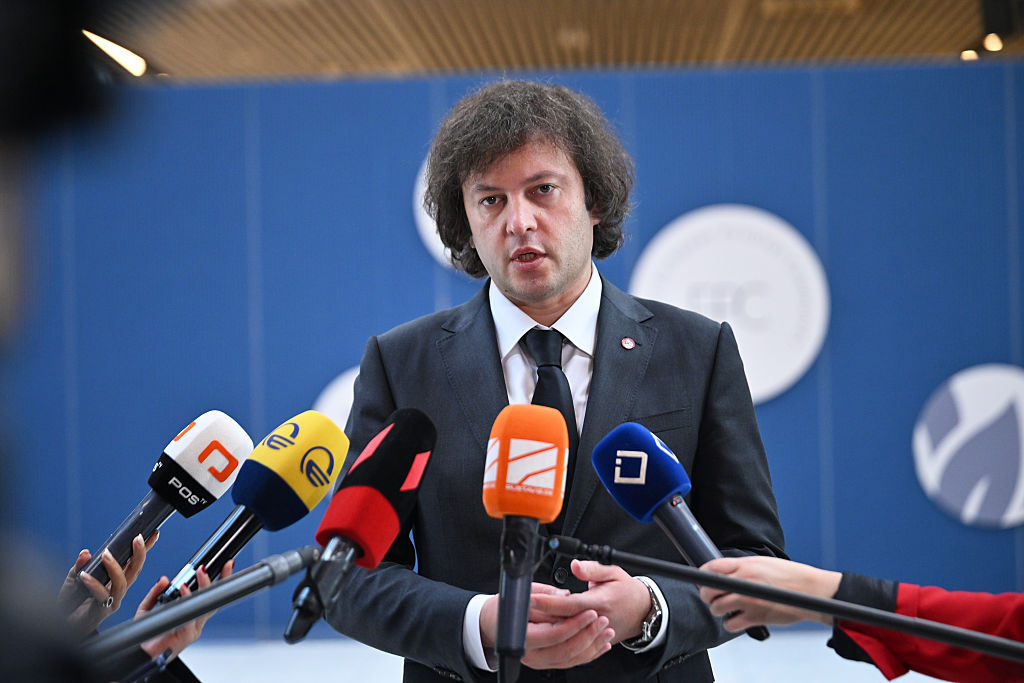Germany Recalls Ambassador to Georgia Amid Rising Diplomatic Tensions Across EU

Germany Recalls Its Ambassador to Georgia Amid Escalating Diplomatic Tensions
Germany’s Decision Sends Shockwaves Through Diplomatic Circles
Germany’s withdrawal of its ambassador from Georgia has reverberated across diplomatic channels, becoming a focal point for stakeholders within the European Union and the South Caucasus region. The official announcement confirmed that Ernst Peter Fischer was recalled for consultations, marking a significant development in the relationship between Berlin and Tbilisi. This move came ahead of a scheduled discussion at the next EU Foreign Affairs Council, underlining the broader European interest in the unfolding diplomatic situation.
The circumstances surrounding the recall emerged after the Georgian leadership levied allegations against the ambassador, accusing him of supporting opposition elements and intervening in domestic affairs. These claims were robustly refuted by officials in Berlin, who characterized the accusations as being without foundation. The formality and gravity of Berlin’s protest signal a deep concern over the trajectory of diplomatic relations and the importance attached to the principles of international engagement.
Underlying Accusations and Berlin’s Response
At the core of this diplomatic incident lie the persistent accusations from Georgian authorities. Georgian Foreign Ministry representatives suggested that Fischer was promoting a political agenda that conflicted with the official government stance during a sensitive period preceding local elections. Parallel claims targeted other EU diplomats as well, highlighting tensions not just with Germany but with the broader European bloc. Authorities in Tbilisi have intensified scrutiny of international actors, especially those perceived to be engaging with opposition groups or supporting protest movements.
Berlin’s categorical rejection of these allegations was accompanied by a strong diplomatic protest, indicating that the German government sees the charges as undermining legitimate international relations. The language used by Berlin emphasizes both denial and concern, underscoring the unusual nature of the allegations and the potential impact on the established protocol for diplomatic representatives. This episode exemplifies the fragility and complexity of diplomatic engagement, especially in an environment marked by political contention and competing narratives.
Wider Ramifications for European Diplomacy
The timing of the ambassador’s recall places the issue at the heart of upcoming conversations among EU foreign ministers. The European Union has been closely monitoring institutional developments in Georgia, particularly those affecting the country’s relationship with the bloc and its internal democratic dynamics. The recall of Fischer is not seen as an isolated event but as part of a larger pattern reflecting changing attitudes toward EU involvement and policy coordination in the region.
Observers are watching the outcome of the EU Foreign Affairs Council meeting, where the situation in Georgia is expected to take center stage. This discussion may lead to greater scrutiny of how diplomatic norms are being interpreted and applied in fast-evolving regional contexts. The importance of maintaining engagement, defending the integrity of diplomatic missions, and ensuring clear communication between capitals has never been more pronounced. Germany’s actions serve as a reminder of the significance of diplomatic protocols and the necessity of mutual respect in all forms of international interaction.
What’s Next for German-Georgian Relations?
The recall of Ernst Peter Fischer stands as a poignant moment in bilateral relations, prompting speculation about the future course of engagement. While Germany is undertaking internal consultations, the broader European community remains alert to possible shifts that may arise from ongoing debates and decisions. The situation highlights the role of diplomatic representatives as both symbols and facilitators of political dialogue, capable of shaping perceptions and influencing outcomes in nuanced, sometimes unpredictable ways.
For stakeholders, including other European nations and regional actors, the unfolding scenario serves as a case study in the challenges of navigating complex diplomatic waters. The immediate outcome of the EU deliberations may not resolve all questions, but it will lay the groundwork for renewed efforts toward transparency, cooperation, and stability in the months ahead. The need for constructive engagement remains paramount, emphasizing values such as open communication and the peaceful resolution of misunderstandings.
